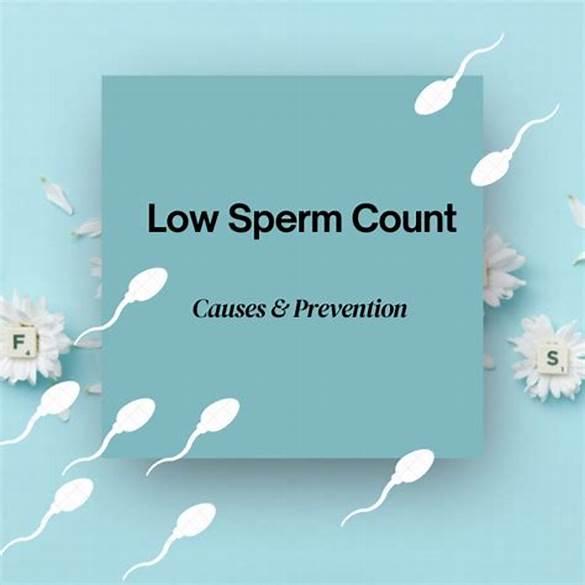Obesity
Obesity is a medical condition that involves having too much body fat. It is a complex disease that increases the risk of many other diseases and health problems, such as heart disease, diabetes, high blood pressure, high cholesterol, liver disease, sleep apnea, and certain cancers
The Process of Obesity
The process of obesity is the result of an imbalance between the energy intake and expenditure of the body. Obesity is caused when extra calories are stored in the body as fat. If you consume high amounts of energy, particularly found in high-fat and high-sugar foods, and do not use all of the energy through physical activity, much of the extra energy will be stored in the body as fat.
Obesity can also be influenced by genetic, behavioural, metabolic and hormonal factors.
Obesity is a chronic condition that can increase the risk of many health problems, such as type 2 diabetes, heart disease, cancer, sleep apnea and liver disease.
Obesity can be diagnosed by measuring the body mass index (BMI) and the waist circumference of a person.
Obesity can be treated by lifestyle changes, such as eating a healthier diet, increasing physical activity and changing behaviour patterns. Medications and surgery are other options for some people with obesity

Common causes of obesity
- Genetics: Some people are more likely to gain weight due to their genes.
- Physiological influences: Hormonal imbalances, such as hypothyroidism, can cause weight gain.
- Food intake and eating disorders: Consuming high-calorie foods and drinks, such as fast food, sugary drinks, and processed snacks, can lead to weight gain. Eating disorders, such as binge eating disorder, can also contribute to obesity
- Weight history: People who have been overweight or obese in the past are more likely to gain weight again.
- Sedentary lifestyle: Lack of physical activity can lead to weight gain.
- Drugs: Certain medications, such as antidepressants, antipsychotics, and corticosteroids, can cause weight gain.
- Pregnancy: Women tend to gain weight during pregnancy, and some may find it difficult to lose weight after giving birth
- Lack of sleep: Poor sleep quality and duration can lead to weight gain.
- Quitting smoking: Smoking can suppress appetite, and quitting smoking can lead to weight gain
Some tips that can help prevent obesity:
- Eat a healthy diet: A healthy diet should include plenty of fruits, vegetables, whole grains, lean proteins, and healthy fats. Avoid consuming high-calorie foods and drinks, such as fast food, sugary drinks, and processed snacks.
- Stay active: Regular physical activity can help you maintain a healthy weight. Aim for at least 150 minutes of moderate-intensity aerobic activity or 75 minutes of vigorous-intensity aerobic activity per week
- Get enough sleep: Poor sleep quality and duration can lead to weight gain. Adults should aim for 7-9 hours of sleep per night.
- Reduce stress: Chronic stress can lead to weight gain. Try to manage your stress levels through relaxation techniques like deep breathing, meditation, or yoga.
- Avoid smoking: Smoking can suppress appetite, and quitting smoking can lead to weight gain. However, the health benefits of quitting smoking far outweigh the risks of weight gain
Organizations and bodies that are dedicated to addressing the issue of obesity:
- World Health Organization (WHO): The WHO is a specialized agency of the United Nations responsible for international public health. It has been working to combat obesity since the 1980s and has developed a Global Strategy on Diet, Physical Activity and Health.
- The Obesity Society: The Obesity Society is a scientific membership organization dedicated to studying obesity. It aims to promote research, education, and advocacy related to obesity.
- Obesity Action Coalition: The Obesity Action Coalition is a non-profit organization that focuses on improving the lives of individuals affected by obesity through education, advocacy, and support.
- Obesity Medicine Association: The Obesity Medicine Association is a professional organization that provides education, advocacy, and support for healthcare professionals who treat obesity.
- American Society for Metabolic and Bariatric Surgery: The American Society for Metabolic and Bariatric Surgery is a professional organization representing surgeons who specialize in treating obesity and related conditions.
- Stop Obesity Alliance: The Stop Obesity Alliance is a coalition of consumer, provider, government, labour, business, health insurers, and quality-of-care organizations that are committed to reversing the obesity epidemic in the United States

Some government majors to control obesity:
- The Guardian: A letter from Prof Rachel Batterham, a special adviser on obesity, argues that the government’s national food strategy is insufficient to address the obesity crisis. She calls for comprehensive policies and access to treatments, as well as a cross-government strategy to reduce health inequalities.
- World Health Organization: A webpage that describes the global obesity epidemic and its health and economic consequences. It also outlines the WHO’s response, which includes raising public awareness, conducting research, and developing strategies that will make healthy choices easier to make.
- The Guardian: An article that summarizes how UK governments from Major to Johnson have tried to tackle obesity, with varying degrees of success and commitment. It highlights some of the policies and initiatives that have been introduced, such as targets, campaigns, taxes, bans, and incentives.
- Centers for Disease Control and Prevention: A webpage that provides prevention strategies and guidelines for obesity, based on the CDC’s Recommended Community Strategies and Measurements to Prevent Obesity in the United States. It also offers resources and tools for local governments, such as a presentation, fact sheets, and a toolkit.
- UK Government Blog: A post that outlines the government’s plans to tackle obesity in England, which include a new obesity strategy, a consultation on calorie labelling, a review of the soft drinks industry levy, and a campaign to encourage physical activity.
Some plants that can help in treating obesity
Videos On Obesity Treatment with Herbs
https://www.facebook.com/100081817735378/videos/727072985953083/?mibextid=P8HzSU
https://www.facebook.com/100081817735378/videos/2292835144437629/?mibextid=P8HzSU









Review Obesity.
You must be logged in to post a review.